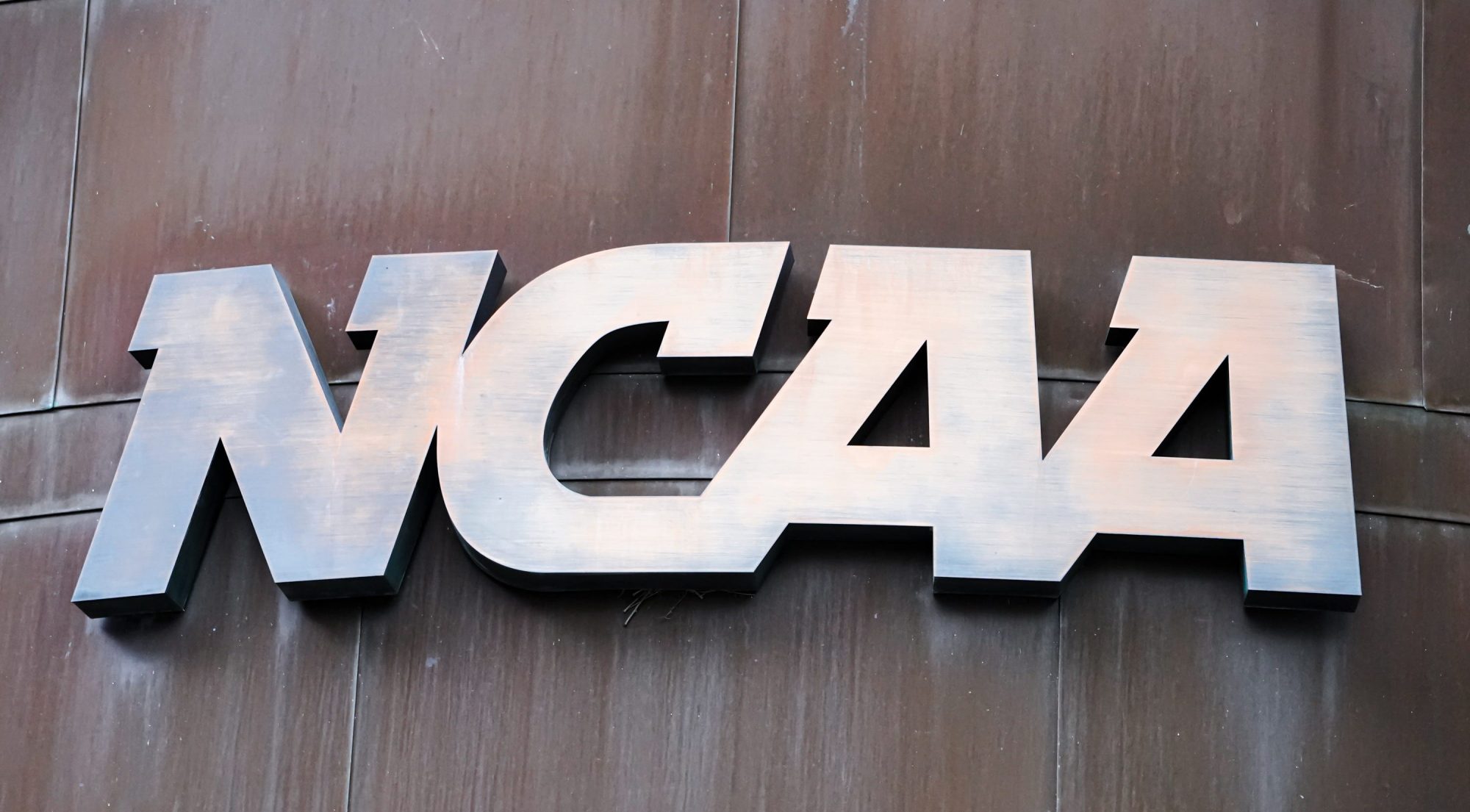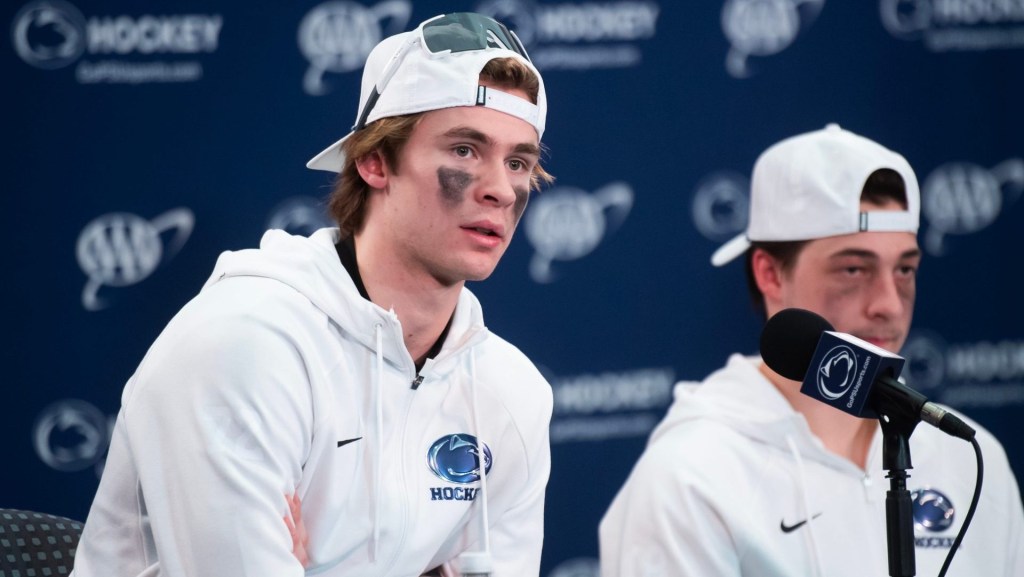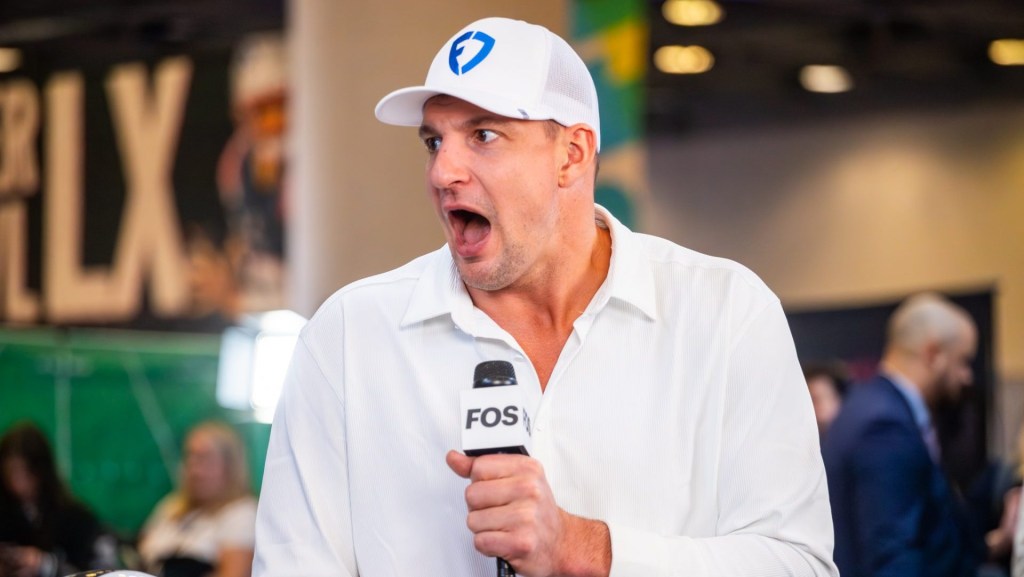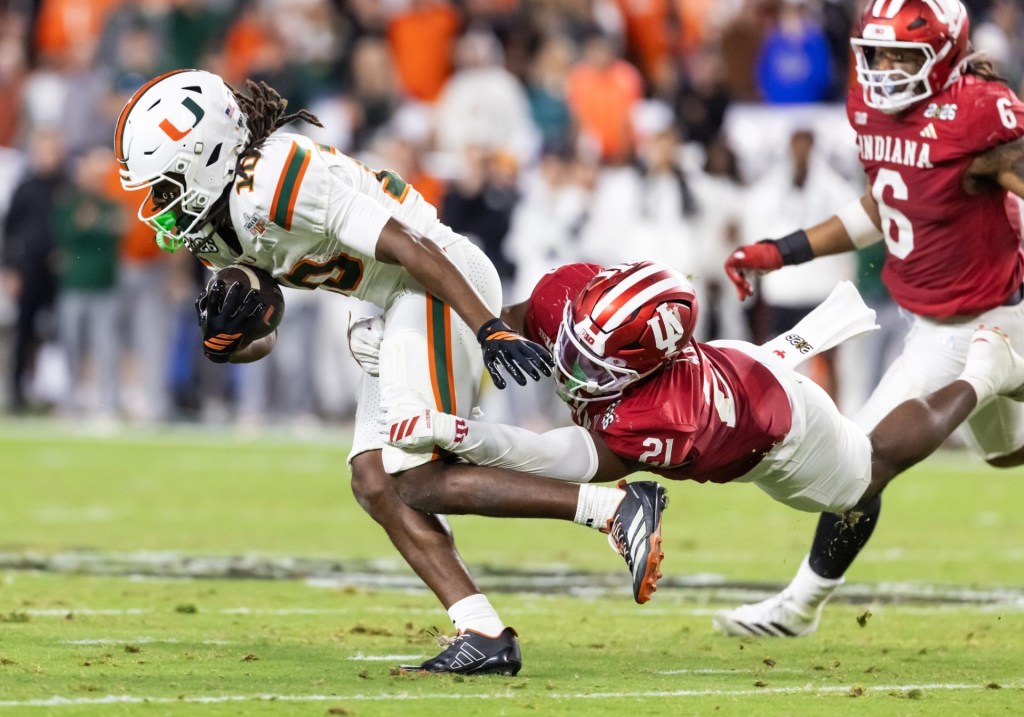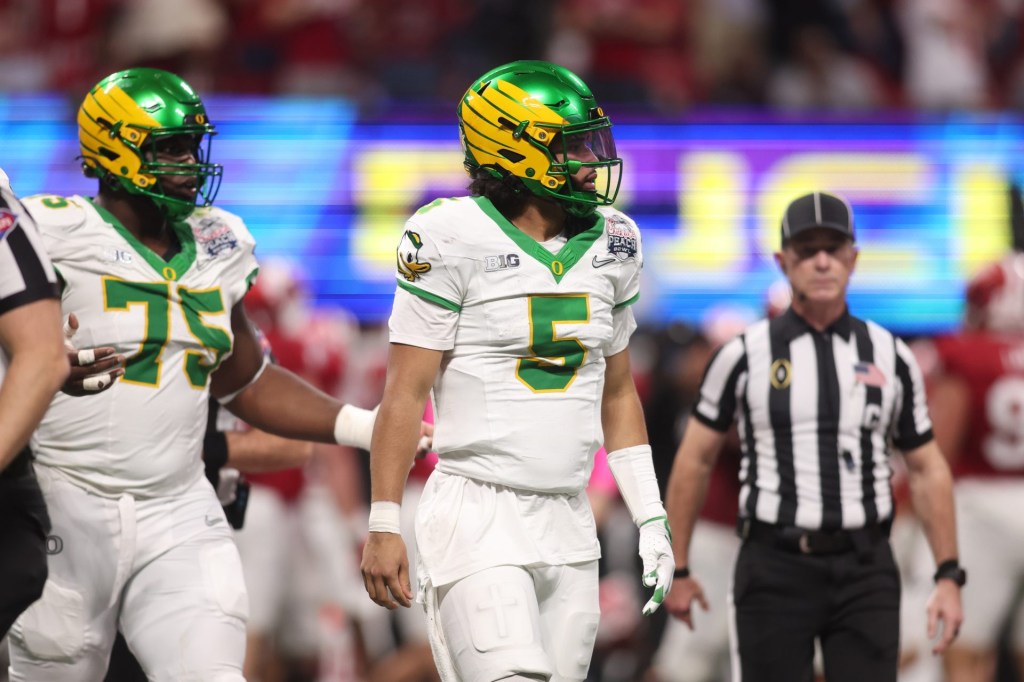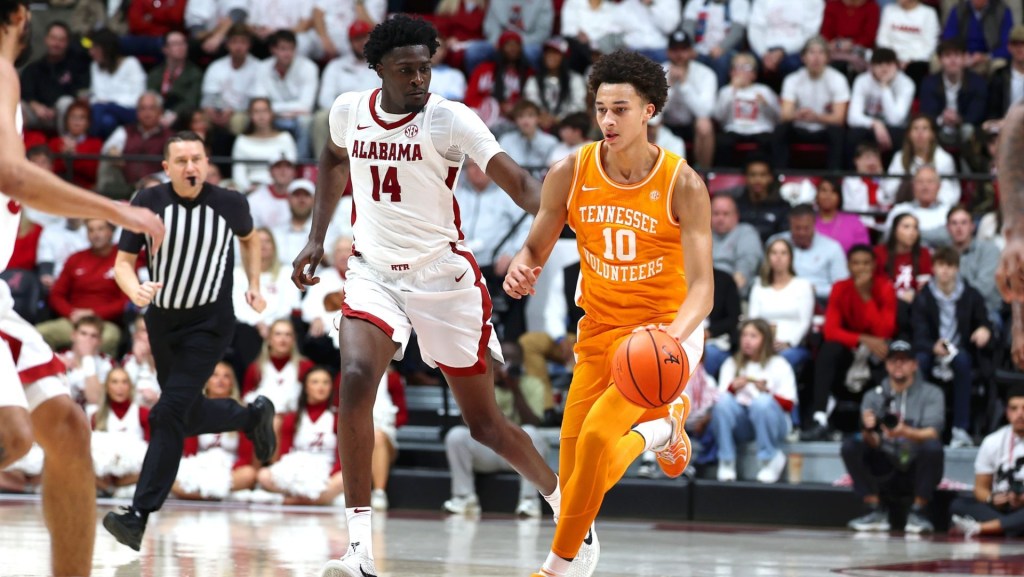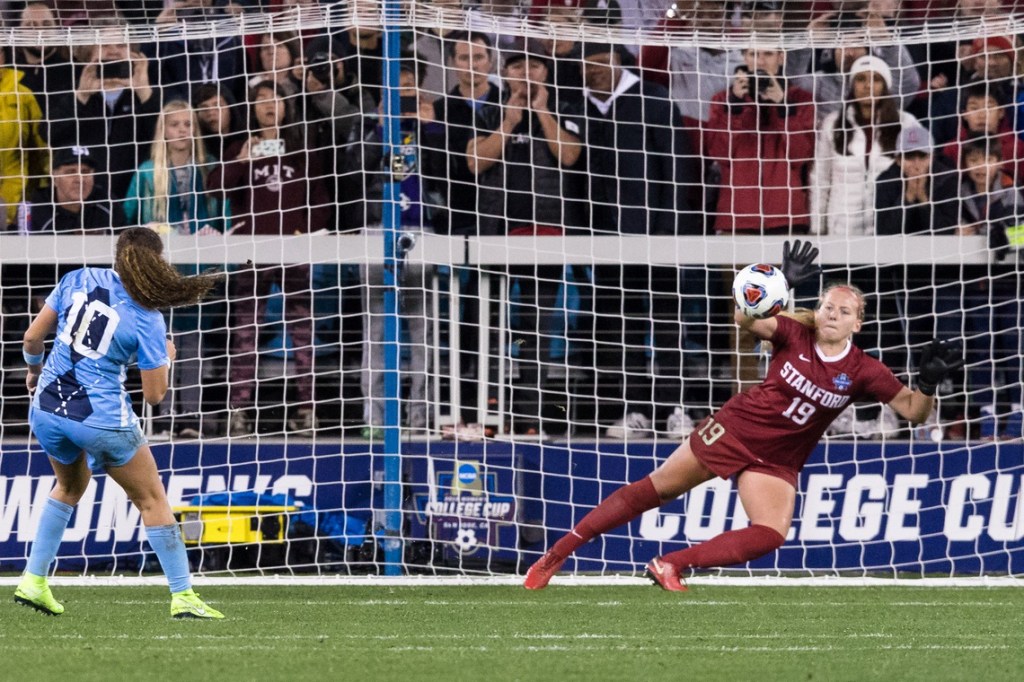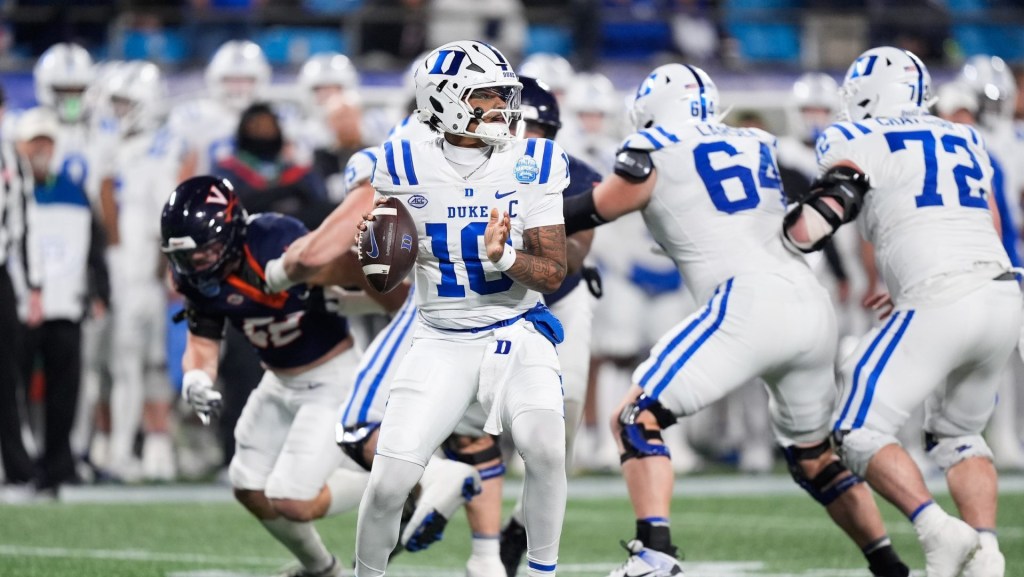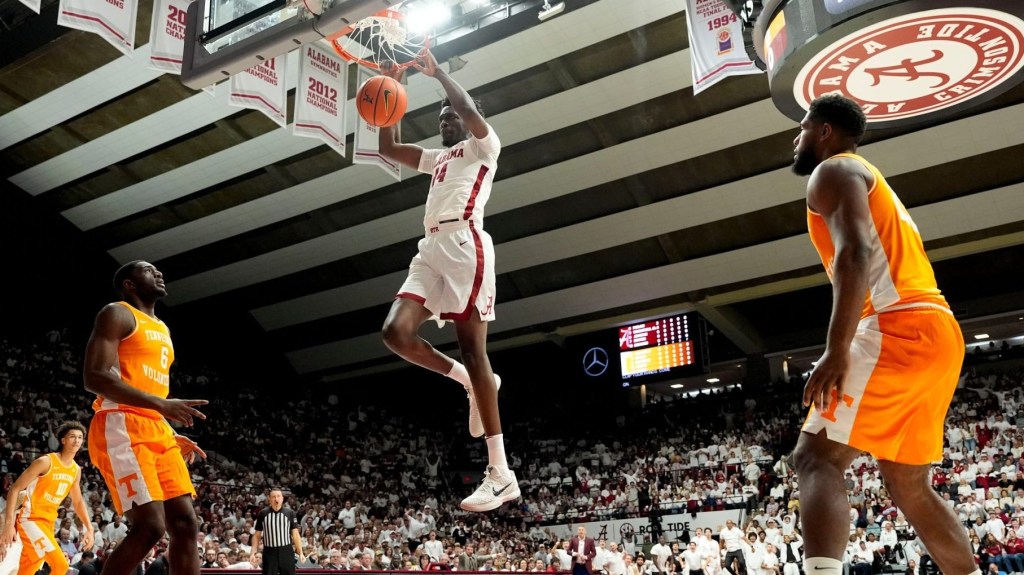On Thursday afternoon, Northern District of California Judge Claudia Wilken will hold a hearing for preliminary approval of the House v. NCAA settlement—a potentially landmark agreement that would facilitate revenue-sharing between schools and college athletes for the first time in history.
The hearing, which will begin at 5:30 p.m. ET, is the first major step in a months-long process to approve the proposal, which plaintiff lawyers submitted to the court in July.
The case, first filed in 2020, argues athletes who didn’t get to earn name, image, and likeness (NIL) income before 2021 deserve back-pay; and, that going forward, the definition of NIL should expand to include things like broadcast media contracts. The case threatened to bankrupt the NCAA and Power 5 conferences, who are the six named defendants—so they struck an agreement with plaintiffs, led by attorneys Jeffrey Kessler and Steve Berman.
The 300-page settlement proposal, which would also end litigation in the Hubbard v. NCAA and Carter v. NCAA antitrust cases, would allow for $2.8 billion in back damages to multiple types of plaintiff classes—mostly Division I football and basketball players, but also Olympic sports athletes. It would also allow schools to share up to a certain percentage of revenue (starting at around $22 million) with players each year.
But the fine print of the agreement also creates restrictions and caveats on future athlete earnings, including a revenue-sharing cap and the ability for a third party to prevent NIL deals over $600. Also as part of the agreement, plaintiff lawyers and named plaintiffs would be obligated to lobby in Congress in favor of turning the settlement into a federal law.
The settlement hearing itself will feature lawyers representing both the athletes and the NCAA and power conferences, all of whom will be arguing why Judge Wilken should allow the proposal to enter its next phase in the approval process.
However, there will also be presentations by outside counsel representing several groups of athletes who have raised objections to the proposal. They include lawyers representing athletes already suing the NCAA for similar alleged antitrust violations, and lawyers representing a group of female athletes who claim that the settlement terms unfairly disadvantage women’s sports athletes. (An objection by lawyers for Ivy League athletes suing the conference over its lack of athletic scholarships was withdrawn after House plaintiff lawyers made it clear that their case won’t be folded into the settlement.)
Judge Wilken could make a ruling on whether to preliminarily approve the settlement immediately from the bench, according to legal experts. Or, she could wait to issue a ruling in writing in the days or weeks following the hearing.
If Wilken gives her blessing, a timeline will be set in motion for the next stages of settlement approval. At or around Oct. 1, lawyers will begin sending out information to members of the plaintiff class about the settlement. Athletes who wish to file a formal objection to the settlement, or who wish to opt out of the settlement altogether, will have a period of a little more than three months to notify the court. (It’s at this point that athletes represented by the National College Players Association, or by another group of attorneys who filed an amicus brief against the settlement, may submit their grievances.) Unless objections or opt-outs are strong enough to halt the settlement, a final hearing to approve it could be held in the winter of 2025.
If Wilken doesn’t grant preliminary approval Thursday, however, the plaintiff lawyers and defendants will have to go back to the drawing board—either rejiggering parts of the settlement or scrapping it entirely.
